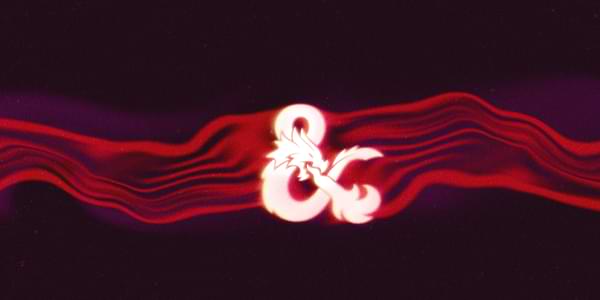We started using Ancestry last year, and we have no complaints.
"Let me tell you about my race" - too personal, impolite, at best it sounds like you're talking to your track coach
"Let me tell you about my species" - weird, clinical, sounds like a bad sci-fi trope
"Let me tell you about my origin" - vague, elusive, sounds like the start of a long, dull backstory
"Let me tell you about my ancestors" - mysterious, proud, you order another round of ale because this is going to be an epic story
I love this SOOOO much.
And the best part is, ancestors doesn't have to be genetic, either!
It can be your spiritual ancestors, your teachers, the crops you've relied on, your maker and their own ancestors (if you're a Construct), the people who took you in when you were thrown out in the cold by your birth parents.
Ancestry is a GREAT term. It is etymologically close to a taboo/criminal term/concept, and it does evoke Ancestry.com and its very genetic-oriented form of ancestry... but for example the indigenous Munsee Lenape people of the Hudson and Delware valleys (where I live) consider the "Three Sisters" - Corns, Beans, and Squash - among their ancestors, despite those plants being considered invasive non-native crop species here in NYC by land managers like myself, or at least how I used to speak about these things.
There's a reason we are trying to get away from terms like invasive or native species, because it discounts generations of occupation of land by immigrant species and immigrant groups, and the adoption of those species and groups into the culture of their new homes.
Artemisia vulgare aka Mugwort is considered a noxious weed by us land managers - and it often is - but it's also critically important in Traditional Chinese medicine and a lot of traditional Chinese foods like Mooncakes. We have to be especially careful with how we manage such land so that we're not spraying toxic chemicals into fields that are being used as scavenging grounds by local residents for their food. Even if we say that it's illegal to wild harvest in NYC (for various reasons - soil could be very toxic, for example), and even if we put up warning signs before and during and after herbicide sprays, if we're not working carefully with local residents, we could be causing harm.
All this is to say: if revered crops that originate from thousands of miles away can be considered ancestors, then my Half-elf can consider their adopted Dwarf parents ancestors too. And yet, at the same time, I can recognise that my Half-elf also has human and elf ancestors.
It's just that some of my Ancestors have passed down to me my innate Ancestry abilities and others have passed to me elements of my Background or introduced me to my Class.

 www.dndbeyond.com
www.dndbeyond.com



